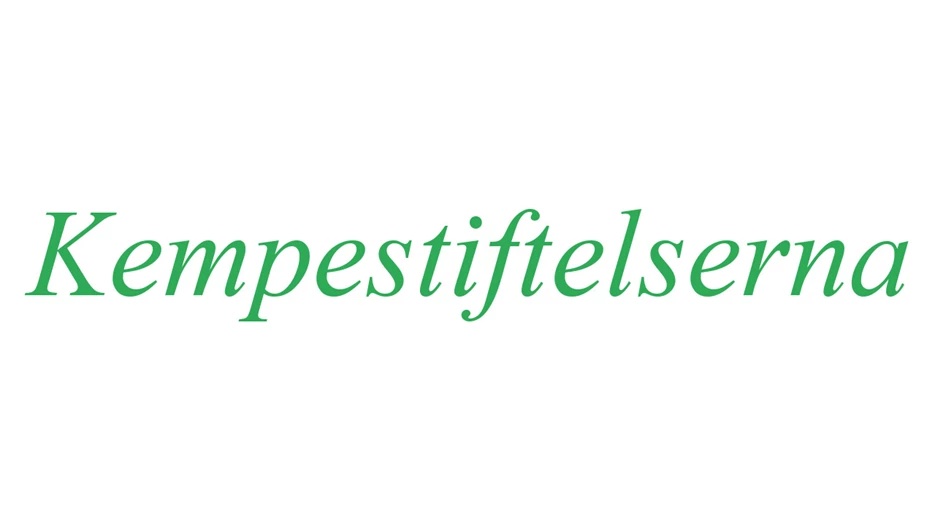Connecting Researchers from Different Disciplines
If you are looking for inspiration, new research ideas, or cross-disciplinary collaboration, you have come to the right place.
You are passionate about working with researchers from other disciplines, but maybe you are still looking for the perfect match to complement your expertise, or you wish your research ideas were more novel. No matter what your situation is, you want your research to have a bigger impact and the journey more exciting.
Trust us, fellow researcher, we have been there.
Do you want to do more novel research? At Icelab, we believe that the most efficient recipe for this is to blend previously known ideas in new ways. Specifically, mixing up computational modeling, data-driven research and experiments. To achieve this we created icelab, a physical place where theoretical researchers from computer science, ecology, geology, mathematics, and physics work side by side.
Apart from our passion for interdisciplinary research, we see it as our mission to couple researchers that would benefit from each other’s work but don’t know about each other’s existence. Icelab runs activities to bridge this chasm.
We’re Icelab. The polestar of interdisciplinary research that connects researchers.
Our Values
IceLab’s History
Who is in IceLab?
At present, we are about 30 researchers – Master’s students, PhDs postdocs, professors and affiliated researchers– with backgrounds in computer science, ecology, geology, mathematics, plant physiology, molecular biology and physics. All of us have a strong interest in mathematical or computational modeling, which make us ideal collaborators in multidisciplinary projects.
Where did the name IceLab come from?
The name IceLab came about through the shortening of our full name, Integrated Science Lab. We also happen to be located in the North of Sweden, which has crisp, white winters – hence, ice.
Research
IceLab scientists and collaborators are interested in a multitude of intersecting questions and ideas. From community detection in networks to the origins of life and beyond, our research is diverse and ever expanding in breadth. Get a sense of some of the projects under way in IceLab on our Research page.
Collaboration Experiments
We want to infect everyone we meet with the desire to break out of their own research boundaries. To that end, we continually design and experiment with different types of events to promote collaborative science.
Support for IceLab
IceLab is funded by Umeå University broadly with further support from the departments of Ecology and Environmental Science, Mathematics and Mathematical Statistics, Physics, Plant Physiology and Molecular Biology. IceLab is also funded by external grants from the Swedish Research Council’s 2022 call for Centres of Research Excellence, the Knut and Alice Wallenberg Foundation, and Kempestiftelserna.




